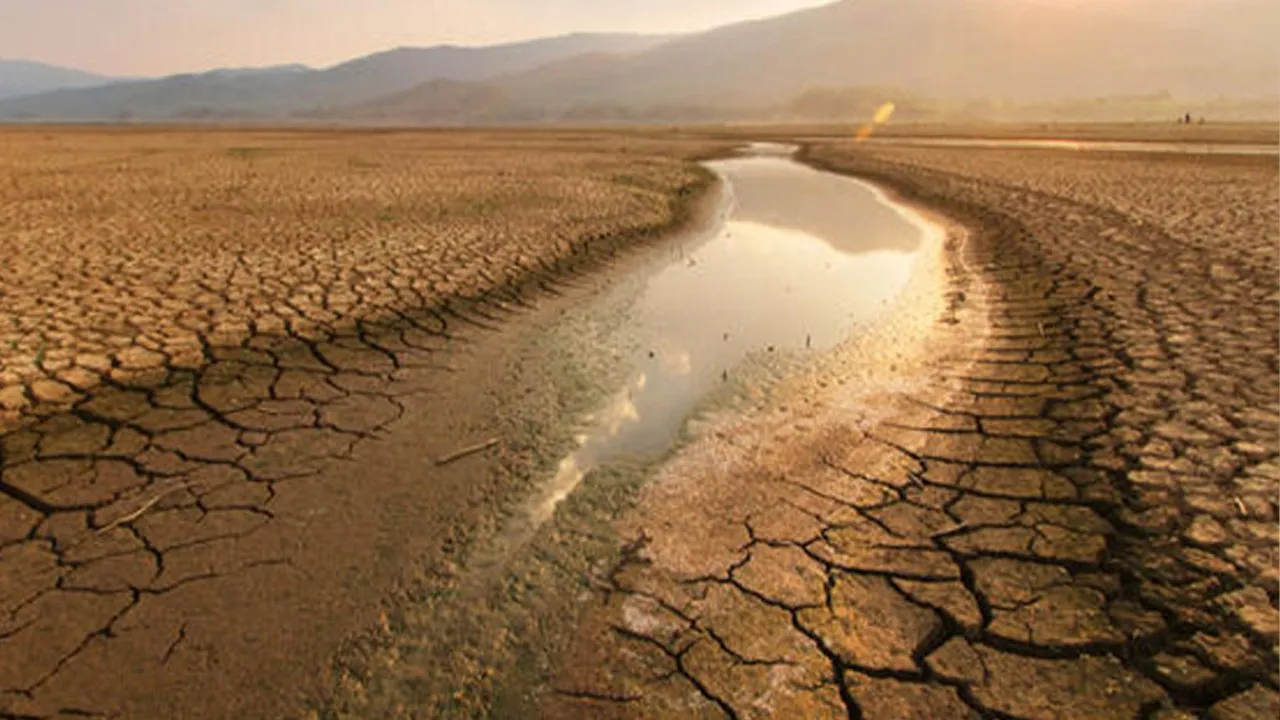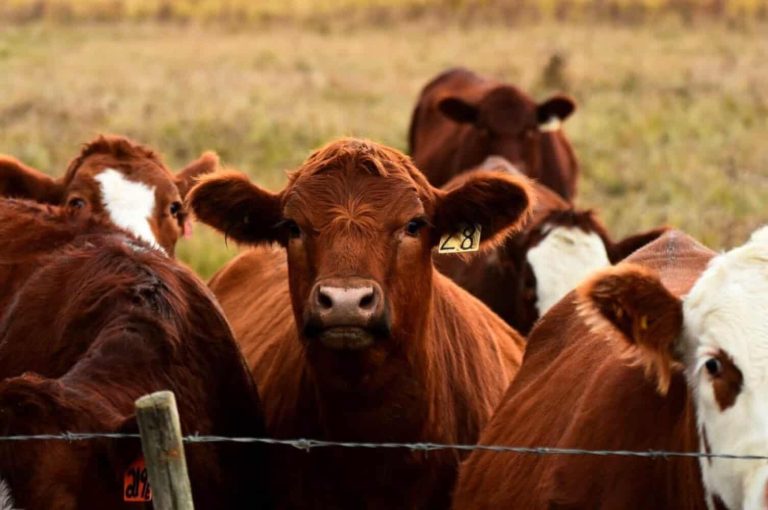
Turkey is grappling with its worst drought in more than 50 years, as rainfall levels plunge dramatically and soaring summer heat devastates agriculture, water supplies, and livelihoods across the country.
According to the Turkish State Meteorological Service (MGM), nationwide precipitation between October 1, 2024, and August 31, 2025, averaged just 401.1 millimeters (15.8 inches) — a 27 percent drop compared with the 1991–2020 average of 548.5 mm.
“This marks the lowest level of rainfall in 52 years,” the MGM reported, warning of a 60 percent decline in southeastern Anatolia, already one of Turkey’s driest regions.
In some areas, less than 250 mm of rain fell over 11 months — compared with more than 1,000 mm in previous decades.
The drought has spread across the country, with Marmara and the Aegean coast suffering their driest year in nearly two decades. Reservoirs are drying up: in Çeşme, water levels dropped to just 3 percent capacity, exposing a long-submerged road that stunned viewers when it reappeared on national television.
Scorching Heat, Forest Fires, and Failing Harvests
This year’s parched conditions were intensified by record-breaking heat. July was Turkey’s hottest month in 55 years, with average temperatures nearly 2°C above normal, and an unprecedented 50.5°C recorded in Silopi, in the southeast. In August, Adana — the citrus capital of Turkey — endured its hottest day in 95 years, hitting 47.5°C.
The relentless heat and lack of rainfall fueled forest fires in western Turkey and Hatay province, forcing communities to seek relief. At the height of the crisis in early August, mosques nationwide held special prayers for rain.
The environmental toll is immense. An NGO study published in July warned that 88 percent of Turkey faces the risk of desertification, with climate models predicting rainfall could fall by a third by century’s end, while average temperatures could rise by 5–6°C compared with 1961–1990 levels.
Economic Fallout and Erdogan’s Response
The drought is battering Turkey’s agricultural sector, which produces a significant share of the world’s apricots, apples, figs, and hazelnuts.
Experts warn that reduced yields could shake global supply chains, as these exports account for nearly 70 percent of global production.
President Recep Tayyip Erdoğan estimated in late August that insured farmers alone had suffered 23 billion lira ($557 million) in losses.
He pledged state aid to support an additional 420,000 uninsured farmers, many of whom have seen their incomes collapse.
With shrinking reservoirs, record heat, and crops failing, experts warn Turkey’s climate crisis is no longer a distant threat but a present emergency reshaping its environment, economy, and food security.



